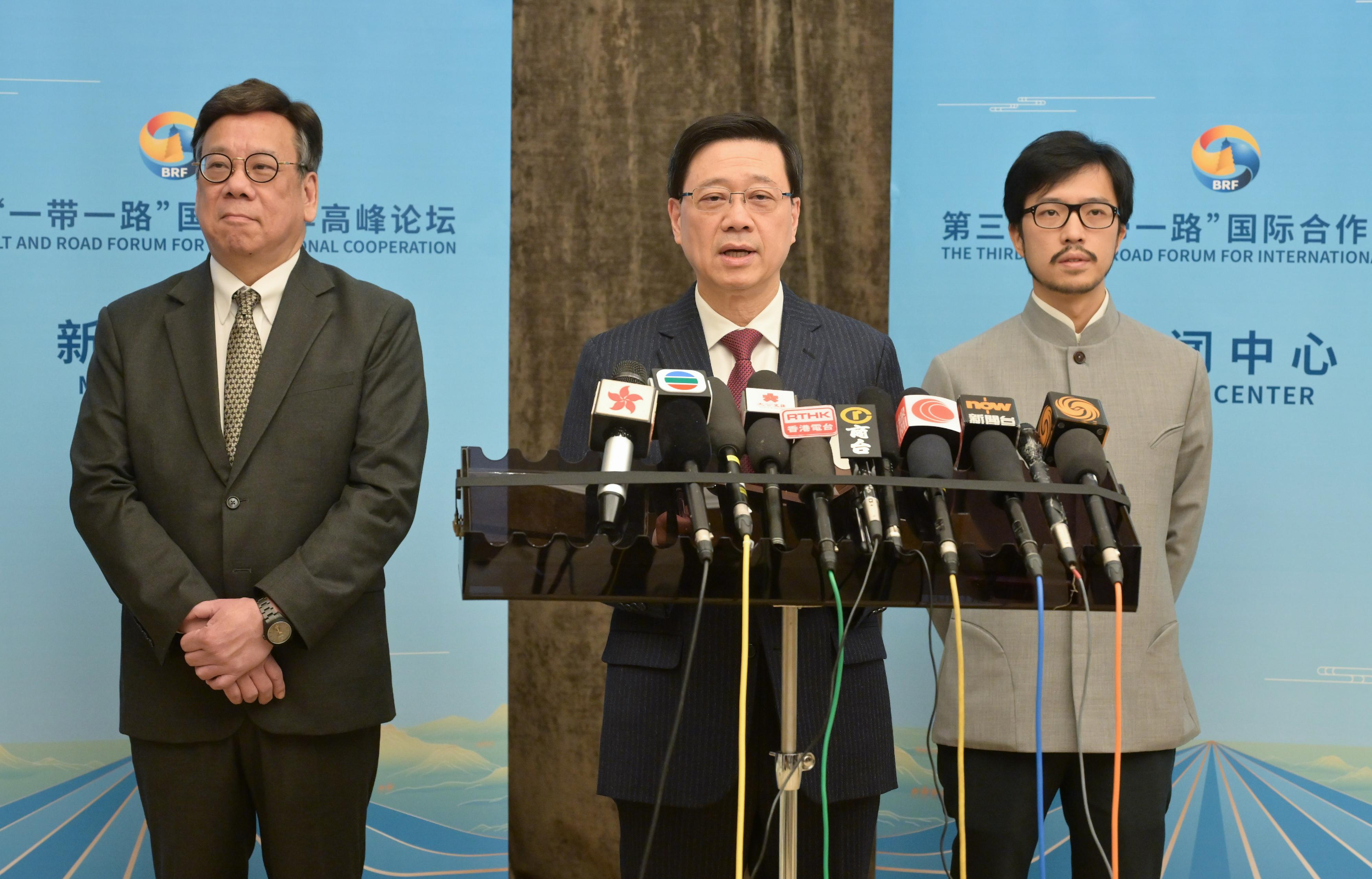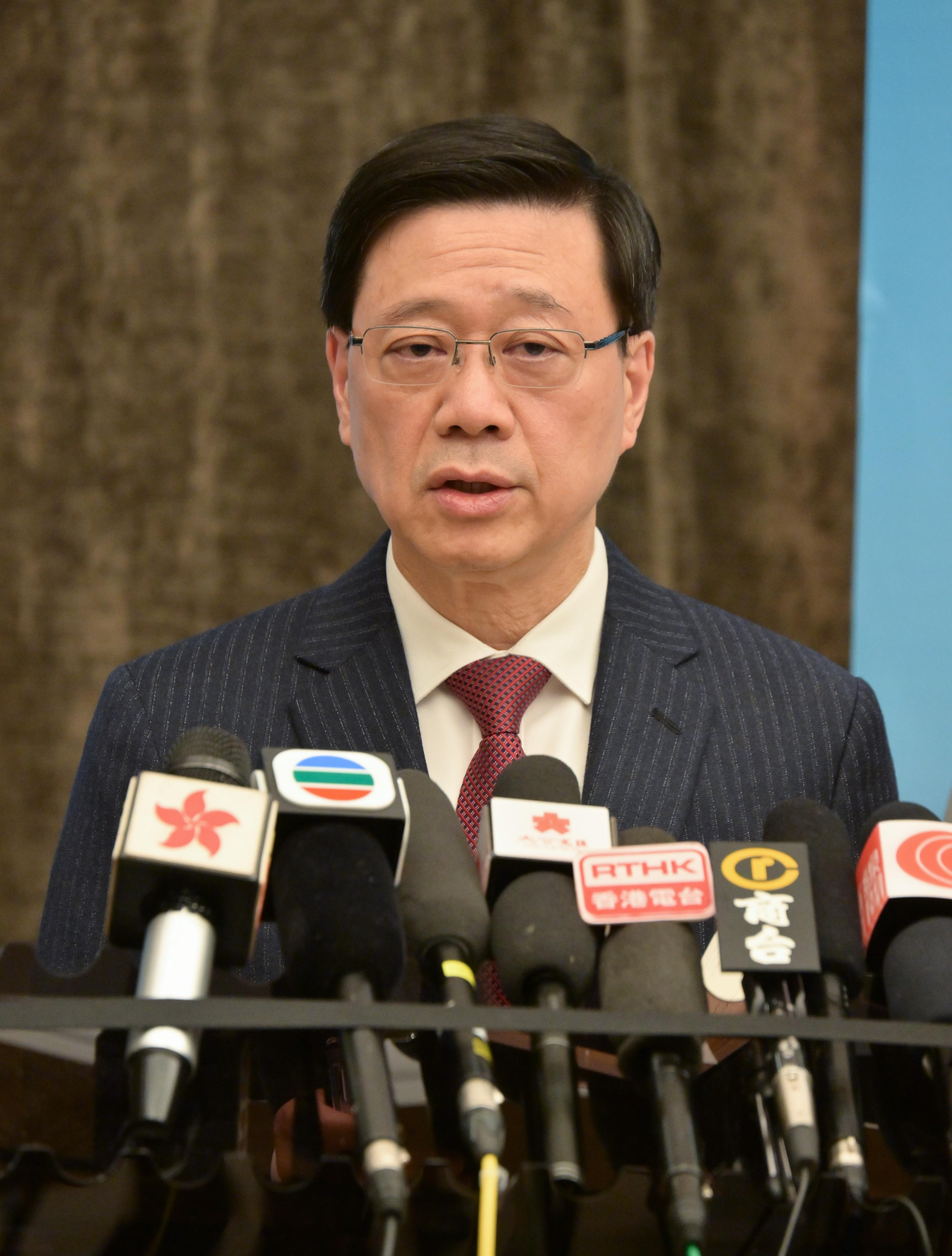New round of applications under Quality Enhancement Support Scheme of self-financing post-secondary education opens
The Education Bureau today (October 19) invites the 2023/24 round of applications under the Quality Enhancement Support Scheme (QESS) of the Self-financing Post-secondary Education Fund for projects proposed to be launched in the 2024/25 academic year. The application deadline is February 29, 2024.
The QESS is a major support measure to promote the healthy and sustainable development of the self-financing post-secondary education sector, with the aim of enhancing the quality of teaching and learning in the sector. It accepts applications under three project categories, namely theme-based projects, open-ended projects and industrial attachment projects.
Applicants in the category of theme-based projects may set their own themes, provided that the projects are conducted in a collaborative manner, i.e. planned and undertaken by more than one eligible institution to foster closer collaboration and synergy among institutions and benefit the sector as widely as possible.
The applicants in the category of open-ended projects need to submit applications in relation to the relevant areas of the QESS funding. The main areas include:
(1) improving the overall learning experience and language proficiency of students;
(2) developing and improving the teaching methodology and practices, including the development of assessment strategies;
(3) strengthening and improving quality assurance and related measures; and
(4) enhancing student support and career guidance services, including support for non-Chinese speaking students and students with special educational needs.
As regards the category of industrial attachment projects, applicants can submit proposals within the following areas:
(1) incorporating quality assured work-based learning and assessments in the programme curriculum through close partnership with industries;
(2) sourcing of more industrial attachment opportunities within and/or outside Hong Kong, and/or enhancement of relevant institutional support to students; and
(3) organisation of visits or short-term training/courses conducted within and/or outside Hong Kong for students, which are directly relevant to industrial attachment.
All non-profit-making education institutions offering full-time locally accredited self-financing sub-degree or bachelor's degree (including top-up degree) programmes are eligible to apply. Other related bodies such as the federations of these education institutions and quality assurance agencies may also apply. All applications will be considered by the Sub-committee on Support Measures established under the Committee on Self-financing Post-secondary Education.
Since its launch in 2012, the QESS has approved over 110 projects with a total grant of about $408 million. In the 2022/23 round of applications, seven out of 25 applications were approved with a total earmarked grant of about $22 million. The aims of the approved projects include enhancing students' learning effectiveness and their understanding and practice of inter-professional communications through developing a virtual reality serious game; establishing a digital competency education resource centre for supporting students' learning and establishing an innovative gerontological learning hub with technology-assisted learning tools for improving students' knowledge and skills; and strengthening students' employability and job-readiness skills through various industrial attachment activities such as industry seminars, mentorships, exposure tours, job matching, virtual job tryouts and simulation-based assessments.
Further details of the QESS, including the scopes of various categories of projects and the application procedures, are available at the Concourse for Self-financing Post-secondary Education (www.cspe.edu.hk/en/qess-project.html).

